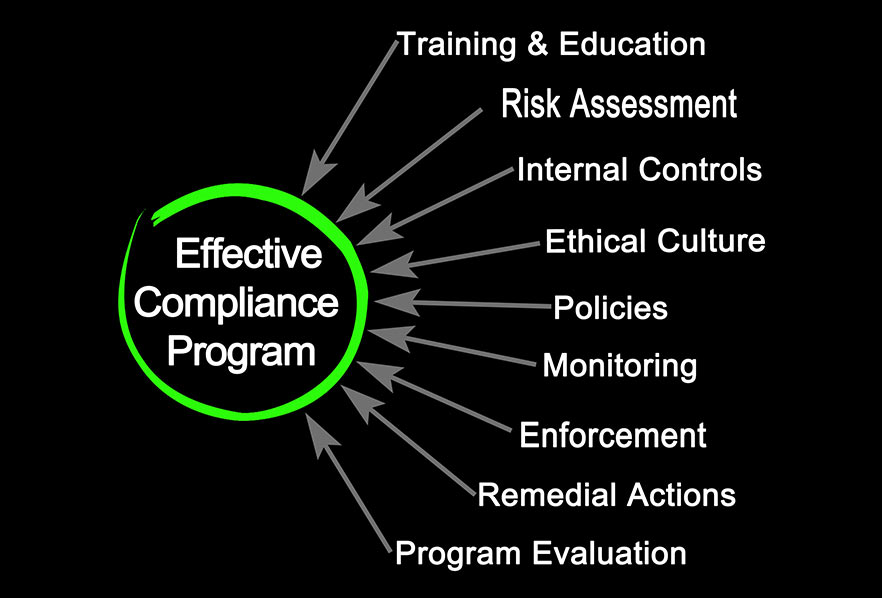Medicare Advantage (MA) plans provide Medicare Parts A and B benefits to over 30 million beneficiaries.[1] The number continues to increase as MA plans gain popularity through the inclusion of such features as additional benefits (e.g., dental, vision, fitness, assistance with utility bills, healthy food), and low/no premium offerings. MA encourages providers to identify and treat illness in early stages to enable early intervention, coordinate care for those seeing multiple providers, and provide care management and disease management programs. (For the purposes of this article, “providers” includes all members of the patient care team, such as physicians, advanced practice clinicians, and nurse care managers.)
These approaches often include care teams focused on beneficiaries with multiple chronic conditions, such as nurse care managers who support beneficiaries and help with appointment scheduling and ensuring patients keep their scheduled appointments, as well as medication management, nutrition/fitness resources, and in-home evaluation/care. To ensure effective identification and treatment of beneficiaries with chronic illness, MA payments must accurately reflect the health status of MA beneficiaries.
Payments
The Centers for Medicare & Medicaid Services (CMS) makes capitation payments to MA organizations (MAOs) with whom it contracts, who then enter into participation agreements with providers to deliver services to beneficiaries. CMS sets the payment rate based on local area benchmarks representing the maximum amount CMS will pay health plans for benefits for beneficiaries in that locale.[2] The benchmarks for each area are based on a statutory formula using average traditional Medicare spending per beneficiary. The CMS annual Advance Notice and Rate Announcement are used to update the factors that impact the yearly benchmark. These factors include the growth rate in the traditional Fee-For-Service Medicare, the MA growth rate, and changes to the Star Ratings system. Overall, payment to health plans varies by geography, with higher payments made in rural areas and lower payments in urban areas.
Health plan payment is also modified by the risk scores of enrollees and quality performance payments. The capitation payments that MAOs receive from CMS are intended to reflect the health status and demographic characteristics of the members participating in MA plans. Health conditions and diseases are assigned diagnosis codes. CMS groups individual diagnosis codes into broader diagnosis groups, which are then filtered into hierarchical condition categories (HCCs). HCCs help predict care costs and are considered as part of the adjustment process for payments. The adjustment is known as “risk adjustment.” Risk-adjusted payments are based on medical diagnoses submitted by MAOs that need to be supported in patients’ medical records to ensure payment accuracy. Diagnoses from certain sources are not included in HCC calculations, such as from skilled nursing facilities, home health providers, as well as other factors that impact a patient’s health and well-being (e.g., health-related social needs). The home provides a lot of insight into the challenges patients may face; it is why many MA plans deploy nurses to go into patients’ homes to do an assessment and then provide summaries and flag potential issues for the primary care provider to follow up on at the next visit. As social determinants and coding for the same continue to evolve, patient pictures become much more accurate as a complete, whole-person process. Z codes can identify additional needs that should be considered in care planning for both high-risk and rising-risk patients.[3] MAOs are increasingly focused on diagnosis coding to ensure the payments they receive are adequate to treat the beneficiaries who choose their MA plans. Many providers have seen an uptick in requests for chart reviews to identify coding gaps, as well as more targeted efforts by MA plans to encourage providers to focus on coding efforts—with many offering to deploy on-site staff and resources to educate providers and their care teams.




